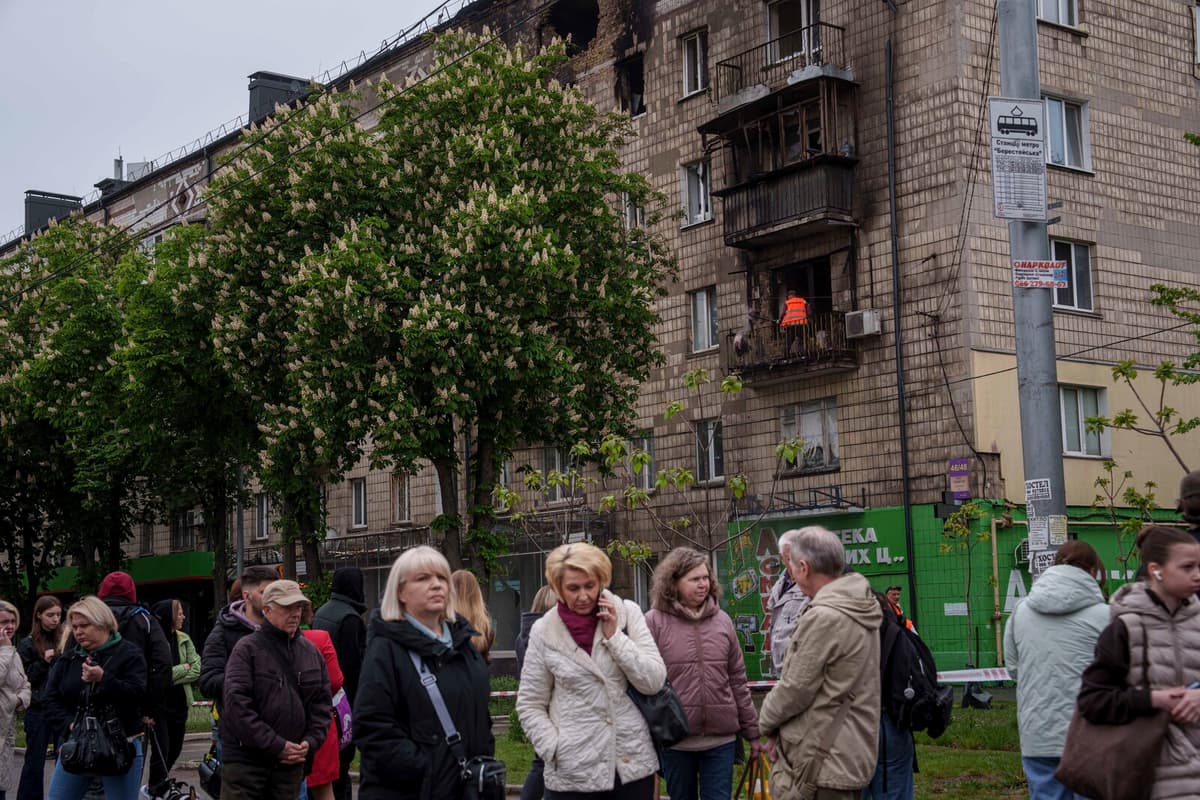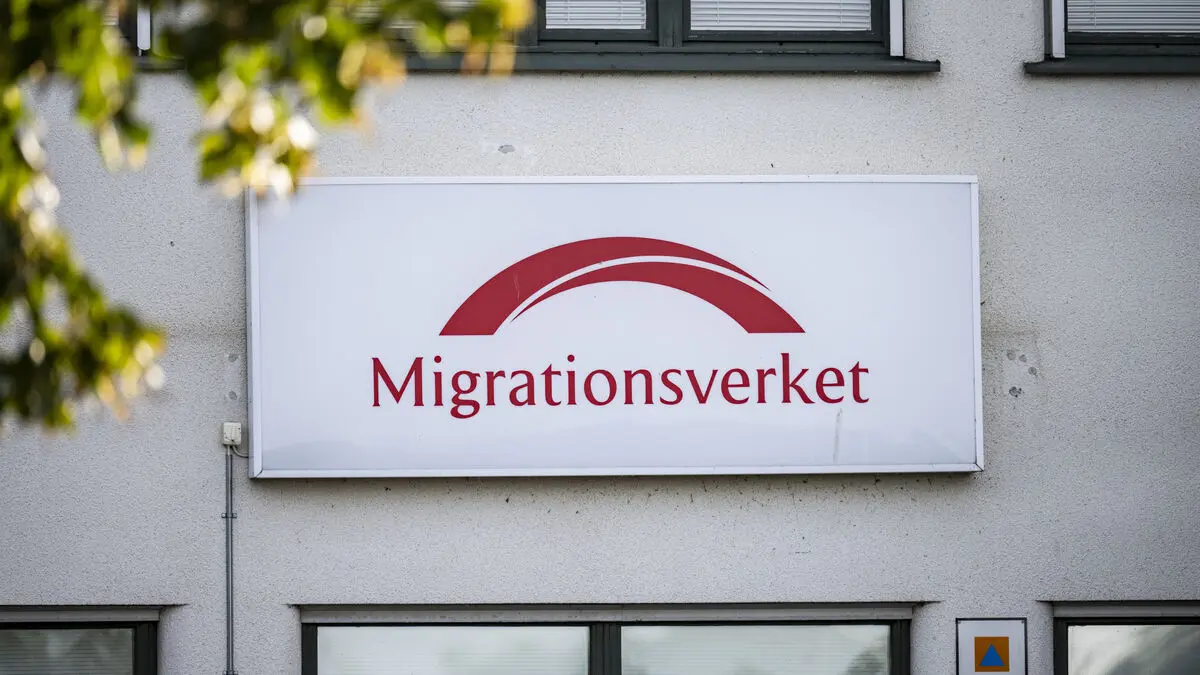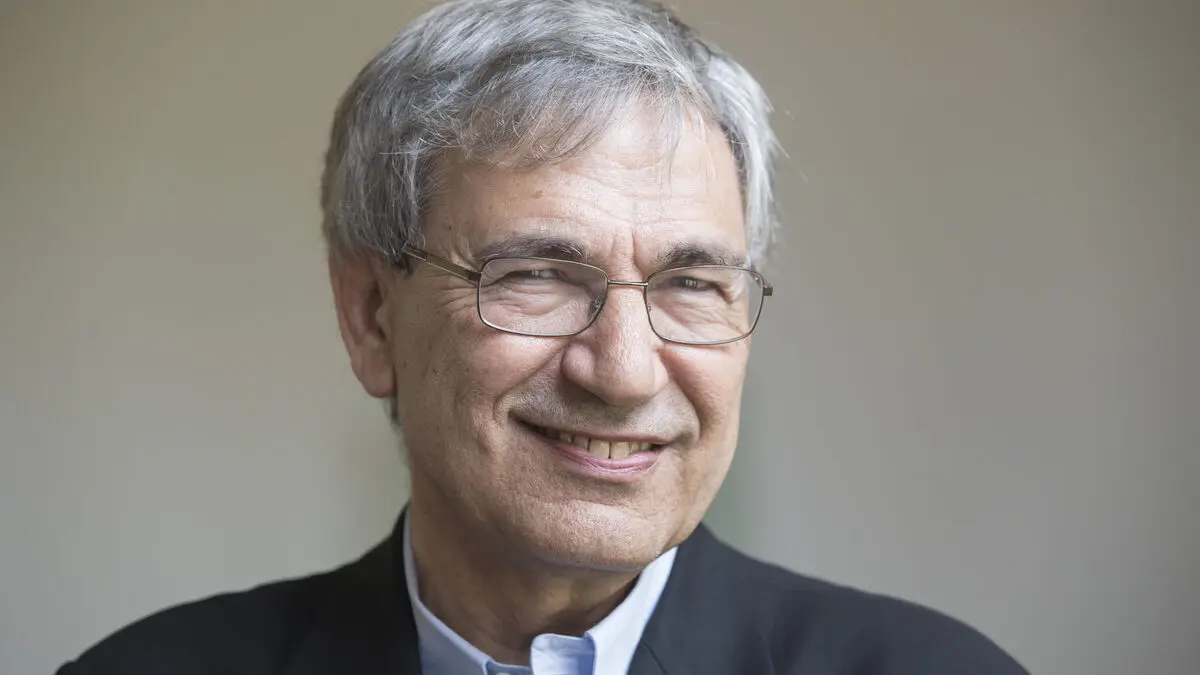When European leaders on site in Kyiv over the weekend demanded that Russia agree to a 30-day ceasefire, Putin hastily convened a press conference, after midnight on Sunday night.
The Russian president made a new counteroffer, proposing negotiations in Turkey next week. Ukraine's President Volodymyr Zelensky immediately raised the stakes, saying he was willing to personally meet Putin.
There are a lot of moves back and forth. Then you have to look at the conditions they are talking about. I haven't seen that the Russians have changed their basic position, says Johan Norberg, security policy analyst at the Total Defence Research Institute (FOI).
Talking about root causes
Putin and his spokesmen have consistently hammered home lies about Ukraine being ruled by a malicious Nazi regime posing a threat to Russia. This is against a backdrop where Ukraine, especially since the original Russian invasion in 2014, has turned increasingly westward and strived for membership in NATO.
They talk about wanting to address the root causes of the conflict. That is, that Ukraine is an independent state, says Norberg.
As far as I'm concerned, all this is a lot of trickery from the Russian side to gain time. I also believe they want to avoid falling out of favor with Donald Trump.
When the new US administration has stepped in and tried to mediate, with new relationships with Russia and new requirements on Ukraine, both parties have wanted to show themselves as accommodating as possible. But the US, which backs a 30-day ceasefire, warns that patience is running out. How many more "tricks" can Putin come up with?
For me, it's obvious that Russia believes they have more to gain from continuing the war than from ending it, otherwise they wouldn't do this, says Norberg.
Masterful moves?
In Russian propaganda media, it is portrayed as Vladimir Putin making counter-moves like a chess master, while Ukraine is making things unnecessarily complicated. At the weekend's late-night press conference, the president announced that he "does not rule out" a ceasefire and then laid out his conditions.
BBC correspondent Steve Rosenberg sat in the front row but was not allowed to ask any follow-up questions.
"The Kremlin can well calculate that its offer of direct talks in Istanbul can drive a wedge between the US administration and European leaders," he writes in an analysis.
On February 24, 2022, Russia launched a large-scale invasion of Ukraine, after already having entered the neighboring country in 2014, which led to the annexation of the Crimean Peninsula and a largely frozen conflict in Donbass in the east.
In a supposed lightning-fast offensive from the north, east, and south, the Russian forces met resistance. They did not reach Kyiv but advanced along the southern coast to the Crimean Peninsula. The coastal city of Mariupol fell after a long and bloody siege.
Ukraine carried out two counter-offensives in the autumn of 2022, where they recaptured the Kharkiv region in the northeast and the major city of Kherson with its surroundings in the south. In connection with this, Russia announced the annexation of the partially occupied regions of Kherson, Luhansk, Donetsk, and Zaporizhzhia.
A larger Ukrainian counter-offensive began in the summer of 2023 but failed to break through the then fortified Russian defense. In August 2024, Ukrainian forces entered Russia and occupied part of the Kursk region. By the spring of 2025, they had lost almost the entire area.
Russia has regularly attacked locations across Ukraine with rockets and drones. At least tens of thousands of civilians have been killed in the war, but the dark figure is believed to be large. Several million Ukrainians have fled abroad.
The military losses, killed and wounded taken out of action, are estimated to be hundreds of thousands on both sides.






